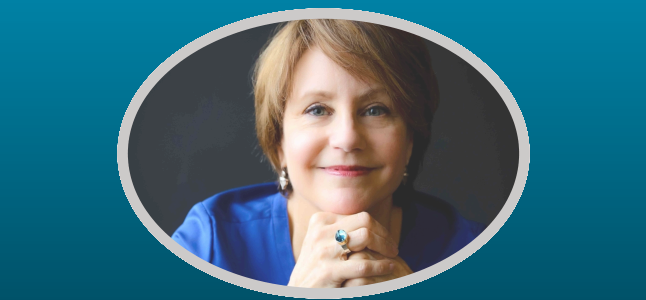I’m so excited to share with you my interview with the dynamic and amazingly talented Sherold Barr.
Sherold is playing a major role in helping create a world where “women experience financial freedom and ease in their life and business.”
She’s the founder of Smart Women Make Money, a program that helps women transform their relationship with money so that they can manifest more money to support the life they want to live.
As a coach and mentor to women entrepreneurs, she’s spoken at World Domination Summit and been featured on Kris Carr’s Crazy Sexy Life, Roots of She, and a Year With Myself.
GUYS. . .don’t worry! What Sherold’s sharing with us is for you, too.
Many singles have significant money-related blockages, so I know you’ll benefit a great deal from learning about her empowered approach to money.
Plus, she’s going to give you some great ideas for how to talk about and approach money in your relationships.


